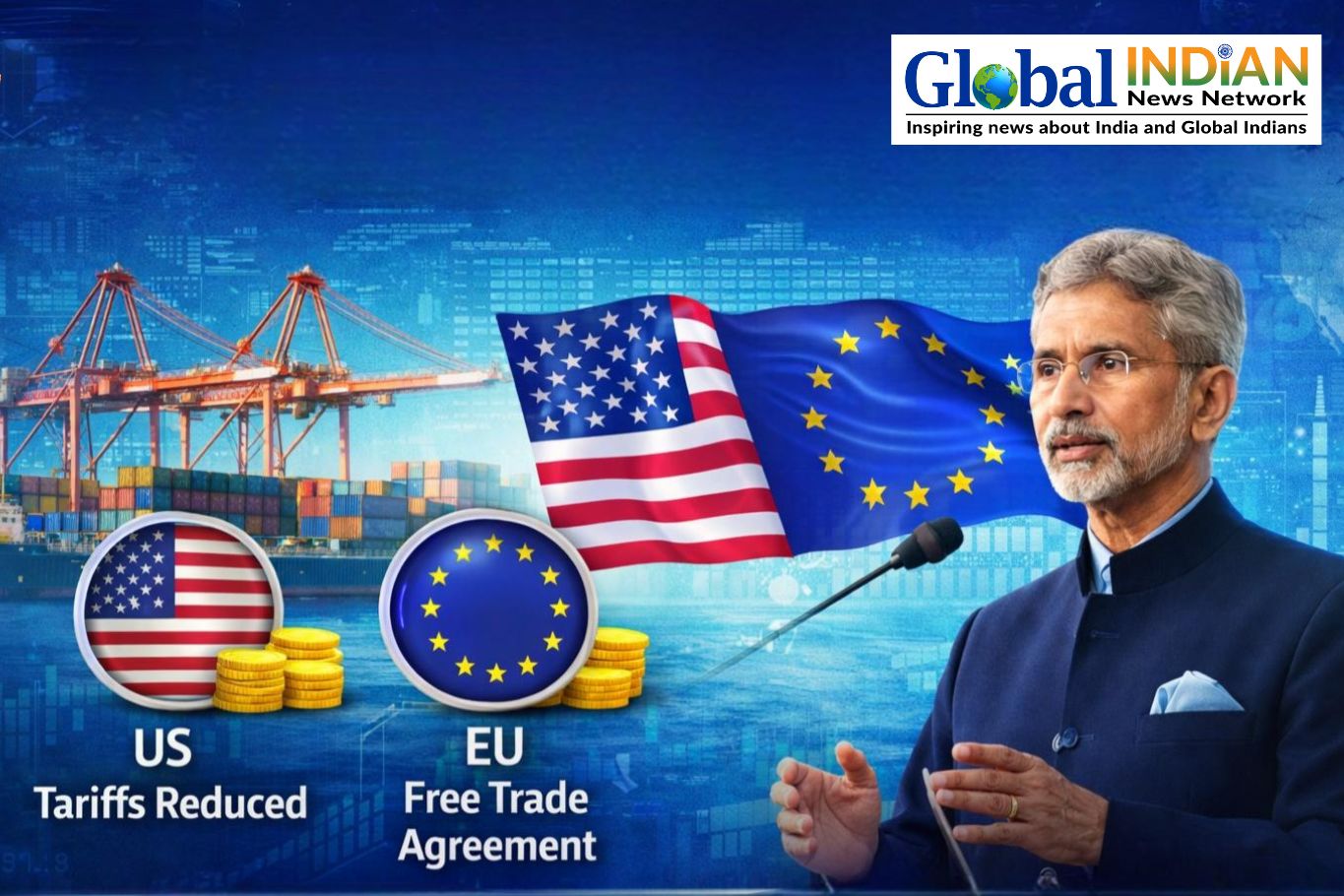 The Niti Aayog has emphasized India’s need to integrate into global value chains (GVCs) and rapidly adapt to evolving trade systems. In addition to boosting India’s traditional exports, it underscores the importance of increasing female labor force participation in trade and integrating state and district levels into the supply chain.
The Niti Aayog has emphasized India’s need to integrate into global value chains (GVCs) and rapidly adapt to evolving trade systems. In addition to boosting India’s traditional exports, it underscores the importance of increasing female labor force participation in trade and integrating state and district levels into the supply chain.
The Niti Aayog, which organized a workshop on “Inclusive Trade for Growth & Prosperity,” has underscored the necessity to enhance domestic engagement, ownership, and the implementation of the New Delhi Leader’s Declaration (NDLD) outcomes, particularly in areas related to inclusive trade, growth, prosperity, and resilient supply chains. Skill development is identified as a critical factor.
Arvind Virmani, a member of the Niti Aayog, highlights the importance of addressing various anti-dumping concerns while actively pursuing free trade agreements with potential partners. India has been aggressively exploring bilateral trade agreements, including recent ones with the UAE and Australia, while ongoing negotiations are in progress with the UK and several other countries.
Virmani, speaking at the inclusive trade workshop, emphasizes the need to concentrate on critical aspects such as labor-intensive supply chains, simplifying the tax system, addressing institutional factors for policy formulation, and integrating payment, refund, and export credit systems, especially for micro, small, and medium enterprises.
The expansion of trade is a pivotal factor as India aspires to reach its goal of becoming a $5 trillion economy.









